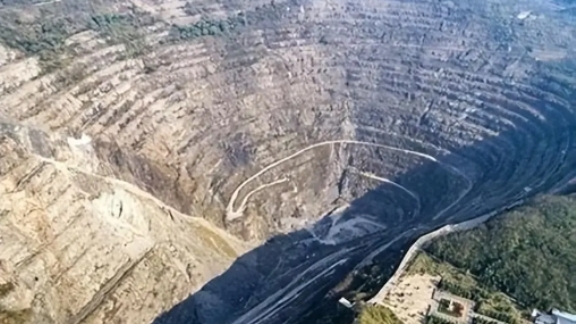Qinghai-Xizang Plateau set to emerge as a global copper hub as it holds vast reserves.
Over the past four years, China has made substantial progress in copper exploration on the Qinghai-Xizang Plateau, uncovering more than 20 million tons of copper resources.
The China Geological Survey, under the Ministry of Natural Resources, announced that the plateau now holds four copper reserves of 10 million tons each, with an estimated total potential of 150 million tons, positioning it as a future world-class copper resource base.
According to Tang Juxing, an academician of the Chinese Academy of Engineering (CAE), the development of copper resources on the plateau will be key to securing China’s copper industrial and supply chains.
Copper is crucial for green energy technologies such as solar and wind power, with electric vehicles using four times as much copper as gasoline-powered cars.
With the rising global demand for copper, China has become the world’s largest consumer and net importer of copper, accounting for over half of global annual consumption.
In the past four years, China has expanded its copper exploration across the country, identifying over 30 million tons of new resources in regions like Xizang, Heilongjiang, Hubei, and Jiangxi.
The Qinghai-Xizang Plateau, which holds more than two-thirds of China’s copper resources, has the potential to rival the copper-rich Andes Mountains in South America. The Gangdise belt in the region alone contains over 43 million tons of copper resources.
Exploration of the eastern section of the Gangdise belt has already revealed super-large copper reserves exceeding 10 million tons, with the western section also holding great potential, according to Dorje, another CAE academician.
Dorje also mentioned that the discoveries made so far represent only a small portion of the plateau’s total resources, with much more to explore.
Despite the promising prospects, environmental concerns remain, as the plateau’s fragile ecosystem requires a balance between resource extraction and ecological preservation. Dorje emphasized the importance of environmentally responsible mining, advocating for near-zero emissions, minimal pollution, and scientifically planned ecological restoration after resource extraction.
Related Posts
Copper Art Exhibition in Beijing

















